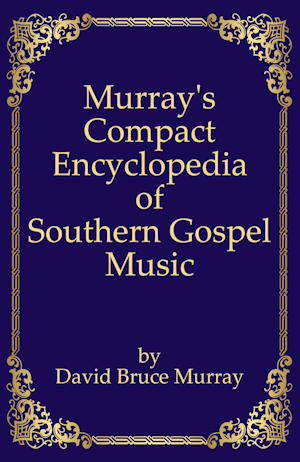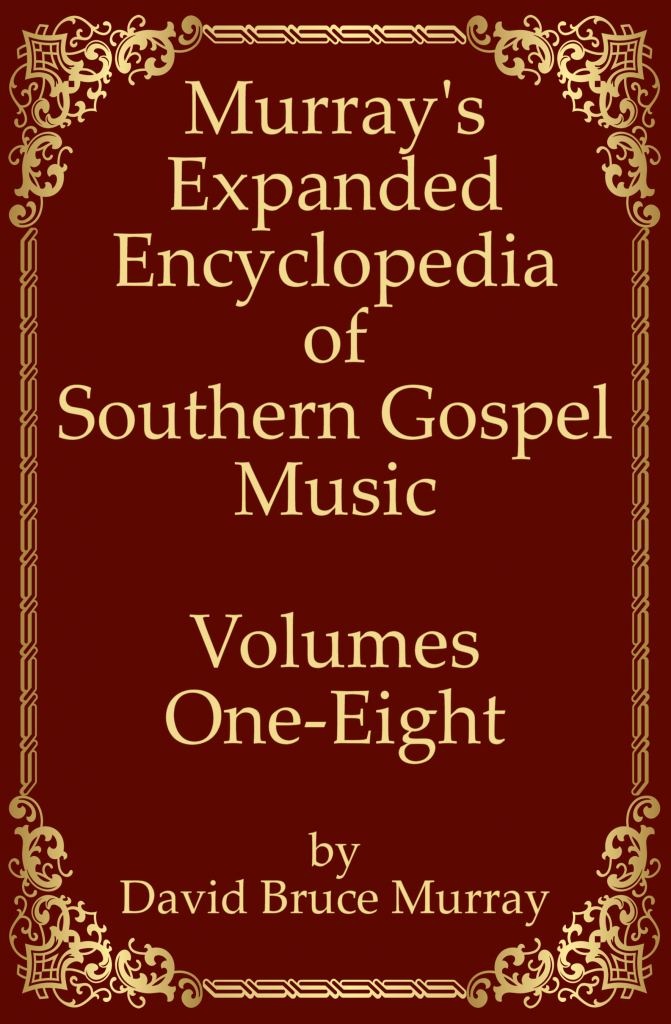Yeah, yeah, I know that I’ve written a few articles about the merits of streaming music, especially in an environment where streaming makes up 80% of all music consumption (individual genre stats are not available, but I’m guessing it’s safe to say that southern gospel consumption isn’t quite at the same level – especially if you’re a fan of certain artists). I may have even irritated some in the industry with my steadfast stance for digital music distribution in some form (although I will freely admit the current model leaves much to be desired in terms of creative compensation).
But compensation aside, there is a major downside to digital music distribution for consumers (downloads or streaming) that most music customers don’t immediately realize – if an album is discontinued for whatever reason, that’s it. It’s gone. If a physical copy wasn’t made commercially available, then you’re just out of luck.
The irony in this situation is that it actually gives distributors FAR more control over when and how their music is made available. If a record label wanted to make an album available for a limited time, they can easily do so by pulling an album down after a certain time. Sure, there will probably be those who have made their own digital copies somehow through digital ripping, but on the whole, the album essentially goes away.
This can be especially helpful if a label or artist decides they are not happy with a particular product (or want to pull a George Lucas and just change something for the sake of change). Let’s say that a song is released to the public, only for someone to discover a recording oddity after the fact (which, as long-time readers will know, does happen from time to time). The distributor can pull that particular recording and replace it without having to re-press a whole new physical batch or issue a recall. Not only that, but the original flawed recording is nowhere to be found (unless, again, someone took the trouble to digitally rip the music prior to a switch).
In a way, digital distribution gives artists far more chances for a mulligan; if they don’t have to worry about flawed copies floating around, they can be more relaxed in their efforts – perhaps even leading to complacency rather than putting in every effort to release a top-quality product the first time.
Compare that to a physical CD (or record or tape), where an album is released to consumers, purchased, then discontinued. Said album may no longer be made, but copies of it still exist and can be sold/traded among fans, meaning that it never truly goes away unless every known copy is somehow recalled or otherwise destroyed (which, in this digital age, is extremely hard to do, as most everyone makes a digital backup of their physical media anyway).
This is the main reason that I still remain a consumer of physical media when it comes to certain artists or albums. I don’t want to be at the mercy of a record label or distributor to hear commercially-available music just because I was late to the party. Also, being a collector, I am always on the lookout for those oddities that may have only been around for a limited time, or were quickly replaced by later versions of the same product for whatever reason. In southern gospel music in particular, there are quite frequently multiple versions of a single album due to group member changes. If these albums were strictly limited to digital distribution, then the “original” versions would simply be erased and replaced with the “updated” versions. Physical copies ensure that both versions can be heard.
So yes, while I am for digital distribution of music, I am also still very much a physical distribution consumer. As I’ve said in the past, there are plenty of ways for both formats to co-exist in an effort to reach the widest audience possible.
But then again, this IS SG….we’re not always known for going for the widest audience.






Kyle:
I enjoyed reading your article.
I have never got rid of my physical media.
I have kept all my stereo equipment.
I have reel-to-reel tapes, cassettes, 331/3 rpm records, 45 rpm records and cds.
I have much of it committed to digital.
Though some will question me when I say I hear a difference in the sound in the different media, I still prefer the vinyl records over all the media.
Digitized products are too clean for me. Many don’t sound lifelike.
Being that I spent most of my childhood listening to the AM radio, maybe the last 5 teenage years listening to FM radio so I prefer the equalization used on vinyl records of the 60’s and early 70’s.
I would listen to the Grand Ole Opry through the static and I loved the equalization of that day.
While with digitized music you can choose your music that you want to hear and it don’t have cracks and pops, which for the most part I am not too distracted by. You can play them wherever you are because of the digital files. But these things are about the only thing they have going for them.
I did enjoy reading the album covers of vinyl albums.
You have to have reader glasses and a magnifying glass to read most cd covers today.